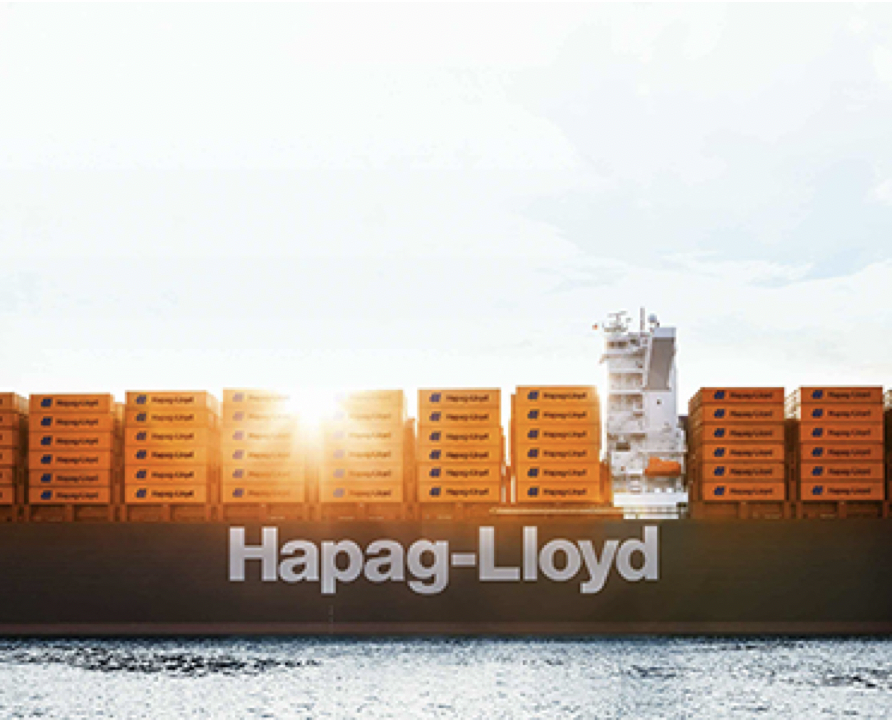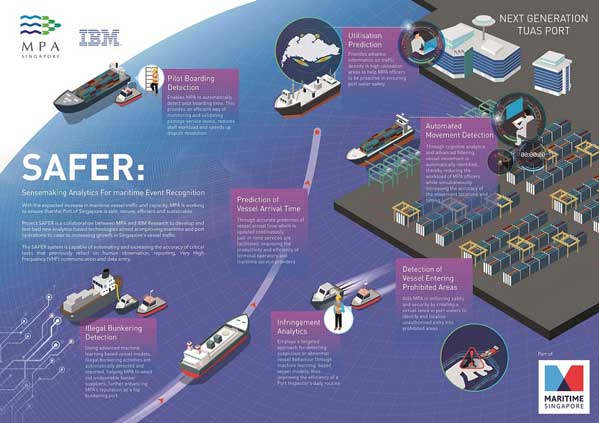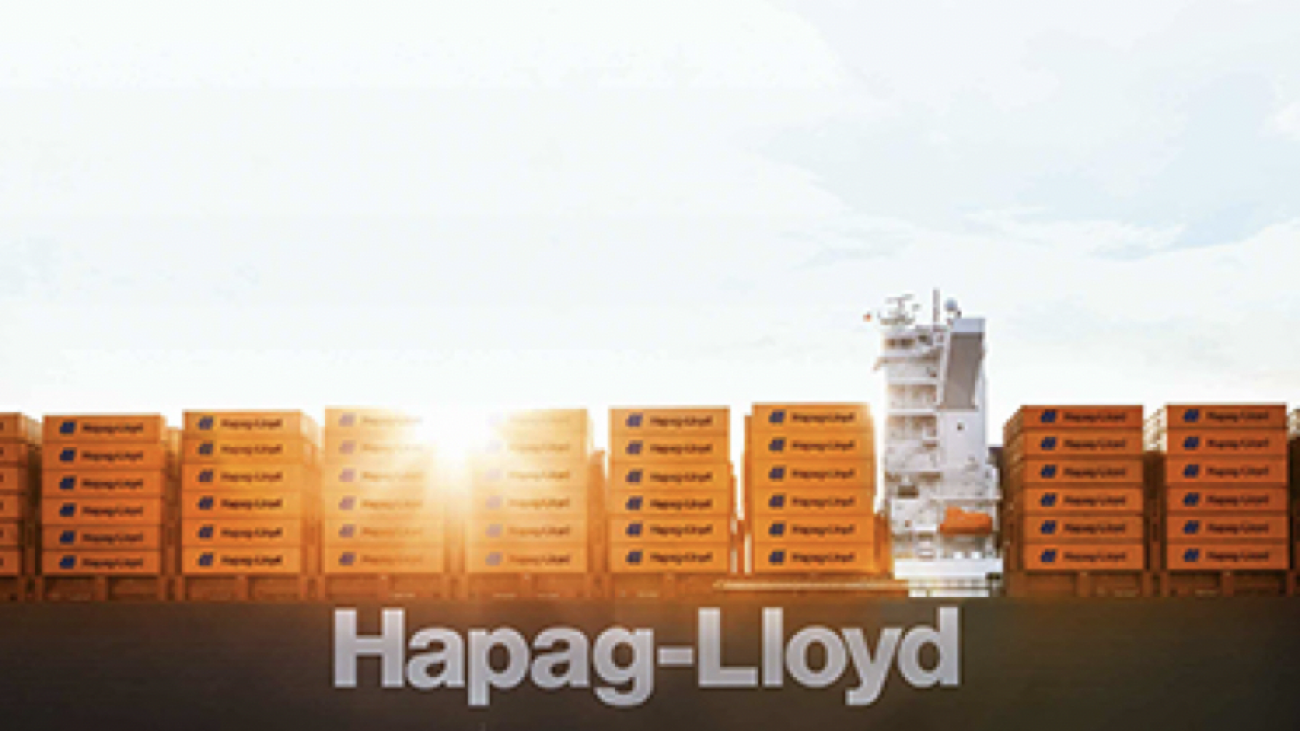HAPAG-LLOYD DEPLOYS EXTRA-LOADER FOR EASING DISRUPTIONS IN INDIA.
The spike in demand coupled with limited vessel capacity has caused considerable disruption in the Indian market with customers needing dependable services.
Hapag-Lloyd has invested in additional services to ease the build-up of containers in India and also to improve the challenging situation at the port of Colombo which is heavily congested.
Starting end of January, Hapag-Lloyd is offering a fortnightly sailing from Chittagong to Krishnapatnam connecting Bangladesh onto the South India – Europe Express service (IEX). Furthermore, one extra-loader vessel will be deployed between India and North Europe improving Hapag-Lloyd’s current service portfolio.
Lars Sorensen, Managing Director India of Hapag-Lloyd: “With these extra loaders we are able to improve our service offers for customers in India and Bangladesh but also in North Europe. The huge demand we are currently seeing is pretty unprecedented and we do our utmost to support our customers with extra capacity”.
Bookings will be available via the Quick Quotes platform, with options i.e., to add shipping guarantee, allowing containers to be moved and delivered with the highest reliability.
The rotation will be as follows: Nhava Sheva – Mundra – Jeddah – Tangiers – Rotterdam – Hamburg – London Gateway – Antwerp – Tangiers – Jeddah – Jebel Ali – Karachi – Nhava Sheva – Mundra.
Hapag-Lloyd has a fleet of 234 modern container ships and a total transport capacity of 1.7 million TEU. Hapag-Lloyd is one of the world’s leading liner shipping companies. The company has around 13,200 employees and 388 offices in 129 countries. Hapag-Lloyd has a container capacity of approximately 2.7 million TEU – including one of the largest and most modern fleets of reefer containers. A total of 121 liner services worldwide ensures fast and reliable connections between more than 600 ports on all the continents.


As Singapore has taken the lead, the International Chamber of Shipping (ICS) is now calling for other governments to put seafarers and frontline maritime shore workers at the head of the vaccine queue.
In line with the World Health Organization (WHO) recommendations. Priority access to vaccines for all seafarers and clear ‘vaccine passport’ protocols are seen a vital to the maintenance of global trade.
IATA said in a report late last year that the equivalent of 8,000 B747F’s (each of which has the capacity to carry 100 tons) would be needed to deliver enough vaccines for the world’s 7.8 billion population.
Others think that the entire global fleet of air carriers will be required in some way, plus more ground-handlers who are probably not specialists in the maneuvering of ‘cold’ supply chains that move temperature-sensitive goods.
Normally the majority of global pharma shipments are NOT transported by air to the final destination. However, with the urgent requirements of the Covid-19 vaccine this has to change. There will be an unprecedented burden put on the cold supply chain, which will affect the airports, ground-handlers and FREIGHT FORWARDERS.
AstraZeneca, Pfizer and Moderna vaccines are expected, combined to be able to manufacture 5.3 billion doses by the end of 2021, which is sufficient for 40% of the world’s population, but remember that in most cases two doses of the vaccine are required for immunity.
The pharmaceutical industry has always required a specialist infrastructure and knowledge when it came to air-transport and their supply chain associates. Now that speed and quantity have top priority, this will lead to less experienced operators handling distribution.
Transporting the Covid-19 vaccines may be an excellent opportunity for the airline companies to recuperate some of their losses created by the financial implications caused by the pandemic, but there are logistical challenges such as liability that carriers and insures will need to consider. The value of shipments is expected to be much higher than that normally covered by insurance companies, which are in accordance with the limits of the Montreal Convention – referred to as MC99. This establishes airline liability in case of death or injury to passengers, and includes delay, damage or lost luggage AND CARGO.
MC99 limits damage related insurance cover to the ’22 Special Drawing Rights’ (SDR). SDR currency value is determined by summing the values of the USD based on market exchange rates of a basket of major currencies, i.e. the USD, Euro, Japanese yen, pound sterling the Chinese renminbi. SDR currency is calculated daily, except when the International Monetary Fund is closed for business. The valuation basket is reviewed and adjusted every five years. SDR per kg, or a value equal to USD 30-32, depending on the fluctuations of currency.
The market has NOT yet established how to value the vaccines, but you need to start working with your insurance company to ensure you are covered for any possible liability – real or hypothetical.
SANDY MCINNES
NEWSLETTER EDITOR











